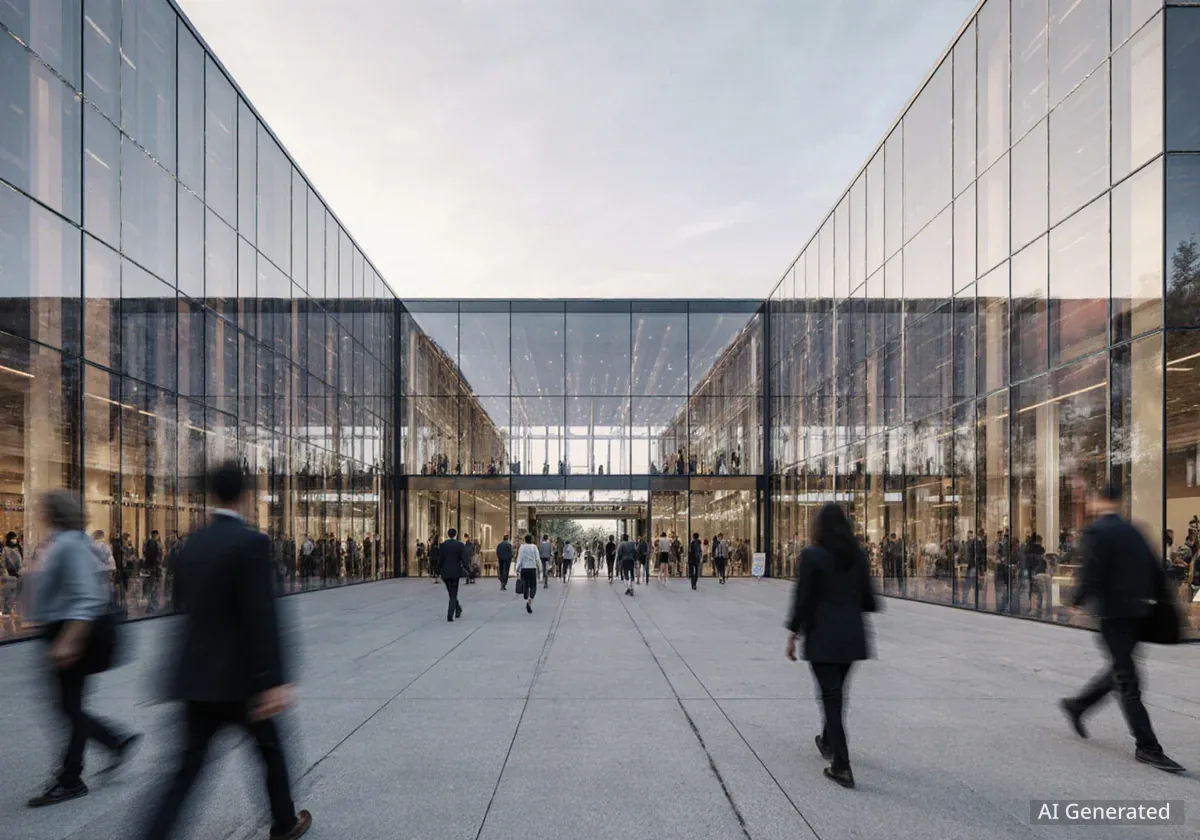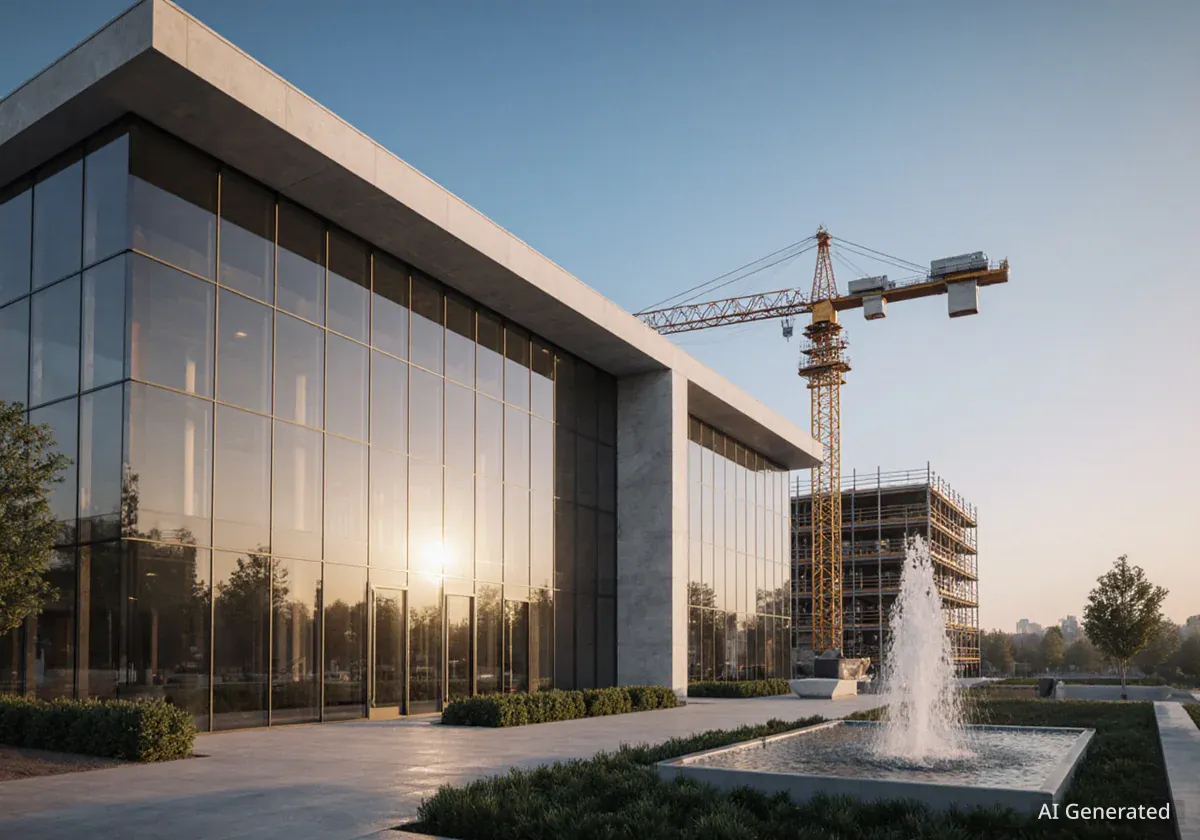The city of Panama City has announced it will host a specialized workshop on November 14 aimed at individuals interested in small-scale real estate development. The event is designed to equip aspiring developers and local entrepreneurs with the essential knowledge and tools needed to start projects within their communities.
Key Takeaways
- Panama City will hold a one-day workshop on small-scale real estate development on November 14.
- The event is located at the Glenwood Community Center and targets aspiring developers and community entrepreneurs.
- Topics will include project financing, zoning regulations, market analysis, and site selection.
- Registration fees are set at $150 for early bird and $170 for regular admission, with scholarship opportunities available.
Event Details and Registration Information
The full-day workshop is scheduled to take place at the Glenwood Community Center, located at 722 E. Ninth Court in Panama City. This central location was chosen to be accessible for residents from across the area who are interested in contributing to local growth.
Prospective attendees have several registration options. An early bird rate of $150 is available for those who register on or before October 10. Following that date, the regular registration fee will be $170, with the final deadline for enrollment set for November 7. This pricing structure is intended to encourage early commitment from participants.
Financial Assistance and Scholarships
To ensure the workshop is accessible to a broad audience, the city is offering financial assistance. Both full and partial scholarships are available for qualified applicants. The deadline to apply for these scholarships is September 26. This initiative underscores the city's goal of fostering inclusive community development by removing financial barriers for passionate local entrepreneurs.
Important Dates
- Scholarship Application Deadline: September 26
- Early Bird Registration Deadline ($150): October 10
- Regular Registration Deadline ($170): November 7
- Workshop Date: November 14
A Curriculum for Aspiring Developers
The workshop's curriculum is structured to provide a comprehensive overview of the small-scale development process, from conception to execution. The city has outlined a series of practical topics designed to give attendees a solid foundation for their first projects. The sessions will cover both the theoretical and practical aspects of real estate development.
According to a press release from the city, the agenda is packed with critical information. Participants will learn about different business models and the skill sets required to succeed in the industry. A key focus will be on the power of an incremental approach, which involves starting with manageable projects and scaling up over time.
Core Topics to be Covered
The workshop will delve into several key areas essential for any development project. These topics are designed to address the most common challenges and questions faced by newcomers.
- Zoning and Regulatory Basics: This session will help participants navigate local regulations, building codes, and permitting processes, which are often seen as major hurdles.
- Market Research and Site Selection: Attendees will learn how to identify viable properties, analyze neighborhood trends, and conduct due diligence before making a purchase.
- Project Pro Formas and Financing: A critical session will focus on financial planning, including how to create a project budget (pro forma) and explore different options for securing financing.
- Building Arts 101: This segment will cover the fundamentals of architecture, urban design, and planning, helping developers understand how to create functional and aesthetically pleasing spaces.
- Site Planning and Property Buying: The final steps of acquiring and planning the use of a property will be detailed, providing a clear roadmap for moving forward.
Empowering Community-Minded Entrepreneurs
The city's initiative is aimed squarely at empowering local residents who want to make a tangible impact on their neighborhoods. The workshop is not for large corporations but for individuals, small business owners, and community advocates who see potential in vacant lots or underutilized buildings.
What is Small-Scale Development?
Small-scale, or incremental, development focuses on smaller projects that can be completed with less capital and risk than large-scale ventures. Examples include renovating a single-family home, converting a large house into a duplex, building a small multi-unit apartment building, or developing a mixed-use property with a storefront and apartments above. This approach allows for gradual neighborhood revitalization driven by local stakeholders.
The goal is to foster a new generation of developers who are invested in the long-term health and character of Panama City. By providing education and resources, the city hopes to stimulate organic growth that is sensitive to the needs of the community.
"Whether someone is looking to renovate a single building, develop a small multifamily property, or contribute to the growth of their neighborhood, this workshop provides the tools, connections, and confidence needed to get started," the city's official press release stated.
The Broader Impact on Panama City's Growth
This workshop is part of a larger strategy to encourage thoughtful and sustainable development within Panama City. By training local residents, the city can ensure that future projects are more likely to align with the community's vision and preserve the unique character of its neighborhoods. Small-scale projects often lead to more diverse housing options, support local businesses, and create walkable communities.
Furthermore, equipping entrepreneurs with the skills to navigate the development process can help accelerate the revitalization of areas that may be overlooked by larger developers. This grassroots approach can lead to a more resilient and dynamic local economy, where investment and growth are distributed more evenly across the city. The event represents a direct investment in the city's human capital, providing residents with the skills to become active participants in shaping their own environment.





